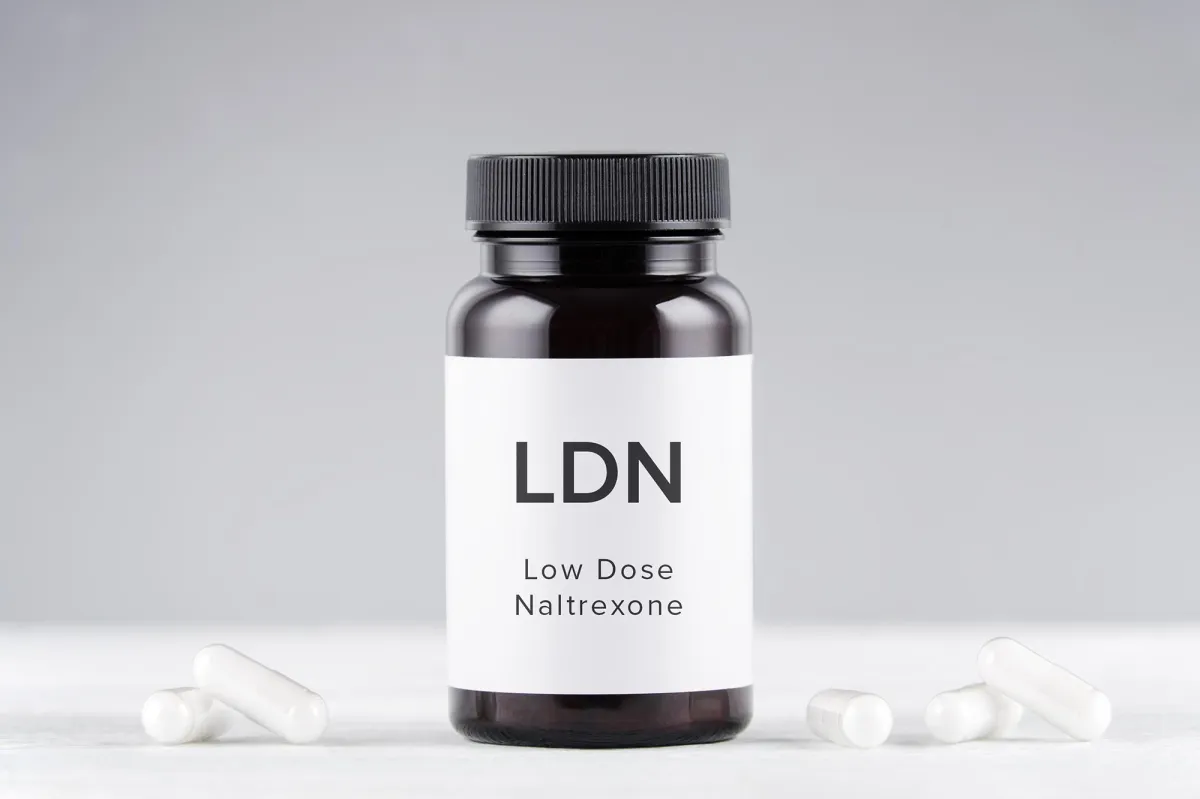THYROID


The Thyroid produces numerous related hormones: Thyroxine (also known as T4), and Liothyronine (also known as T3) are the most important of the Thyroid hormones. These help to control the way your body uses energy.
Hypothyroidism means you have an under active thyroid gland, or in other words your thyroid is not making enough thyroid hormone.
T4: The most well-known of the thyroid hormones, heats the body and speeds metabolism (of fats, proteins, and carbohydrates) and heart rate. At best, T4 is only about one-quarter the potency of T3. T4 can be converted to T3 by some cells in the body, but some people can have troubles performing this and therefore have symptoms of hypothyroidism.
T3: the most active form of thyroid hormone, also heats the body and speeds metabolism and heart rate.
SYMPTOMS OF HYPOTHYROIDISM
(Under-active Thyroid):
Fatigue
Feeling tired, weak, or depressed
Weakness and aches in muscles and joints
Feeling cold all the time, Sensitivity to the cold
Headaches
Average body temperatures below 98.7
Memory issues or mental fog
Trouble concentrating
Slow metabolism
Weight gain, despite diminished appetite
Hair loss or thinning
Itchy or Dry skin and brittle nails
Heavy or irregular menstrual periods
Constipation or bowel irregularity
WHAT CAUSES HYPOTHYROID?
Hypothyroidism is most commonly Autoimmune or Hashimoto’s Thyroiditis. Autoimmune Thyroiditis (Hashimotos) is an autoimmune disorder in which the immune system makes antibodies that attack the thyroid gland causing chronic inflammation.
HOW IS HYPOTHYROIDISM DIAGNOSED?
A simple blood test can diagnose if the thyroid hormone level is too low.
TSH (thyroid-stimulating hormone) test. This is the most important and sensitive test for hypothyroidism. It measures how much of the thyroid hormone thyroxine (T4) the thyroid gland is being asked to make.
- The best way to assess hormonal production by the thyroid gland, is to measure Total and Free T3 and T4 levels. Free T3 and T4 are more active compounds and better represent Thyroid function. If practitioners are not measuring these levels, they could be under-treating or under-diagnosing Hypothyroidism.
HYPOTHYROID TREATMENT OPTIONS:
DIET / ALLERGENS / SENSITIVIES
Appropriate diet can decrease inflammation and help reduce immune response in the case of Hashimotos or Autoimmune thyroiditis. In some cases, Detoxification and elimination of allergic or sensitive foods can have an impact as well.
NATURAL DESICCATED THYROID MEDICATIONS
- Nature-Throid
- Armour Thyroid
- NP Thyroid
LOW DOSE NALTREXONE (LDN)
LDN has also been shown to be very beneficial in modulating an immune response in patients with Hashimoto’s or Autoimmune Thyroiditis.

GENERAL DISCLAIMER
These services have not been evaluated by the Food and Drug Administration. These products are not intended to diagnose, treat, cure or prevent any disease. The material on this website is provided for informational purposes only and is not medical advice. Always consult your physician before beginning any therapy program. Any designations or references to therapies are for marketing purposes only.





